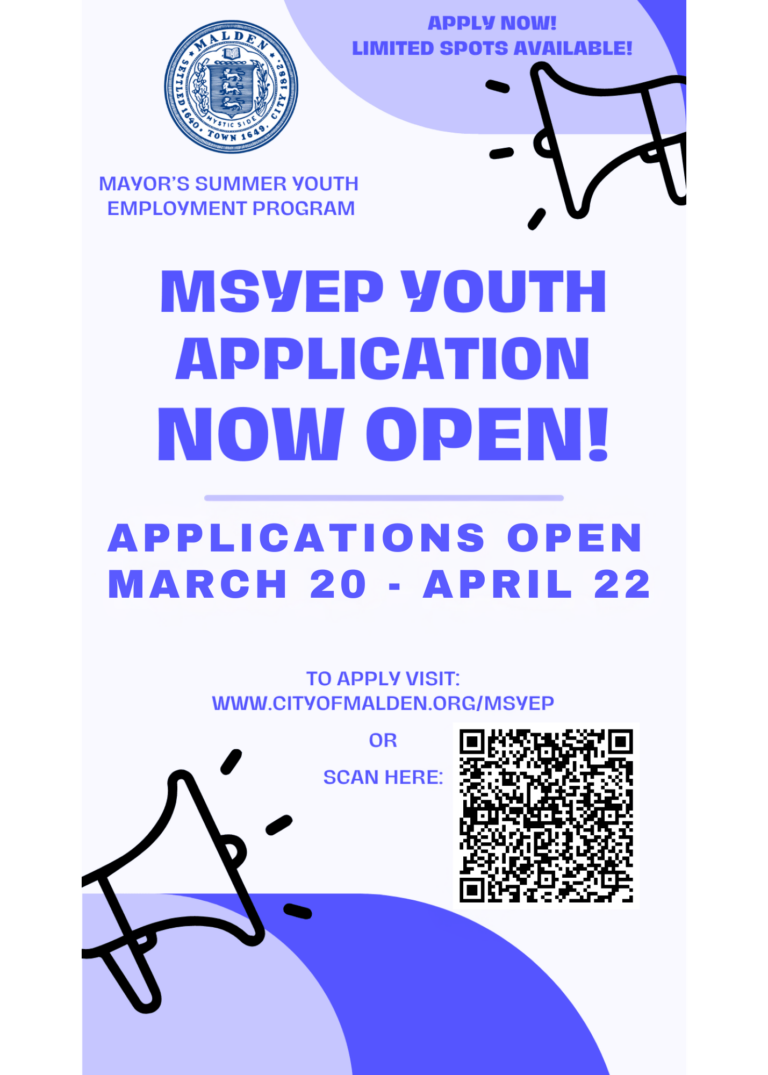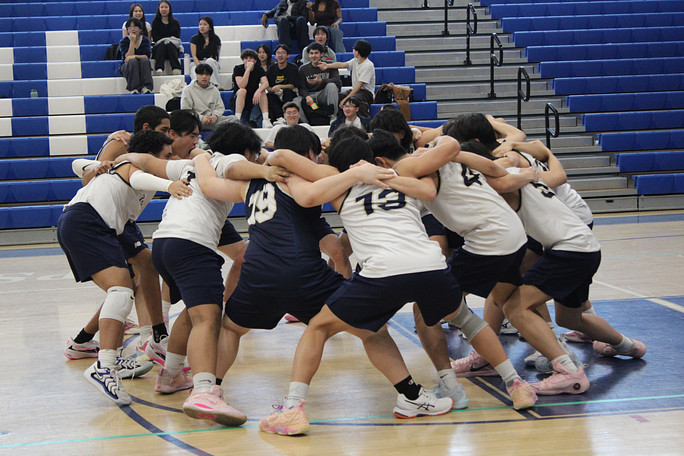Everybody has experienced stress, whether you’re studying for a final or spending hours trying to finish your homework. Many surveys have suggested that students can be more stressed out than adults. Side effects may include but are not limited to lack of effort in school performance, memory loss and difficulty in decision making.
In 2015, New York University (NYU) conducted a study on the stress of high school students with an interest in coping mechanisms. Results showed that activities such as schoolwork, college applications, extracurriculars and expectations from parents are some of the main triggers of stress in teenagers. About 49% of private school students have reported on experiencing extensive amounts of stress on a daily basis and only 31% reported being somewhat stressed. Females were reported to experience more stress at a high rate of 60% compared to males with a lower percentage of 40%. (NYU Study Examines Top High School Students’ Stress and Coping Mechanisms.)
Stress affect students’ academics as well as the stability of their emotions. The Robert Wood Johnson Foundation conducted a survey on students where they asked what their feelings were during the school day. Approximately 22,000 students were surveyed across the nation with the three most common words used being “stressed,” “tired,” and “bored” (Toppo).
39% of students wrote that they were “tired,” and “stressed” came in second at 29%. About 26% wrote that they were “bored” (Toppo). The education system needs to better accomodate students’ stress so that their wellbeing and academics do not suffer.





